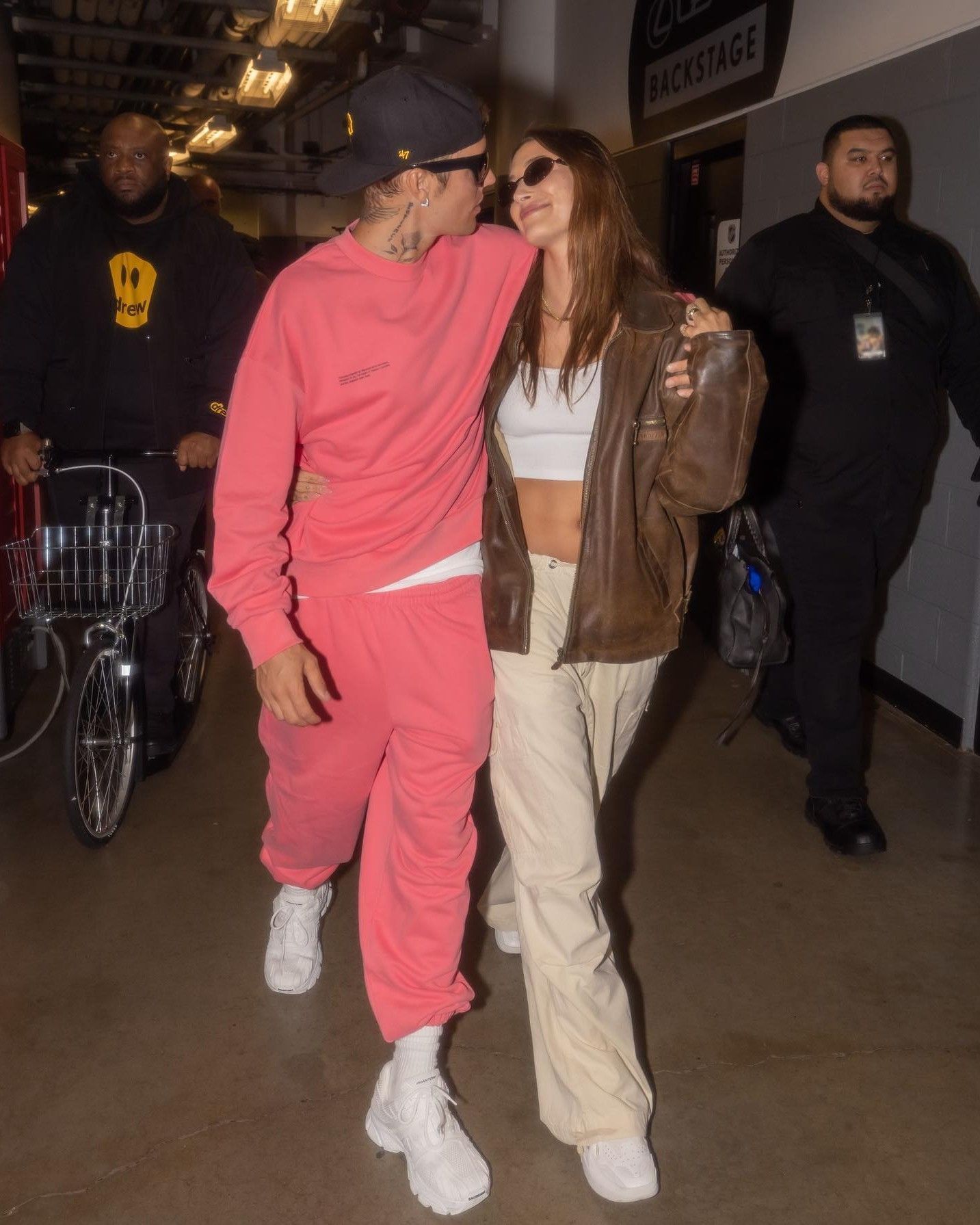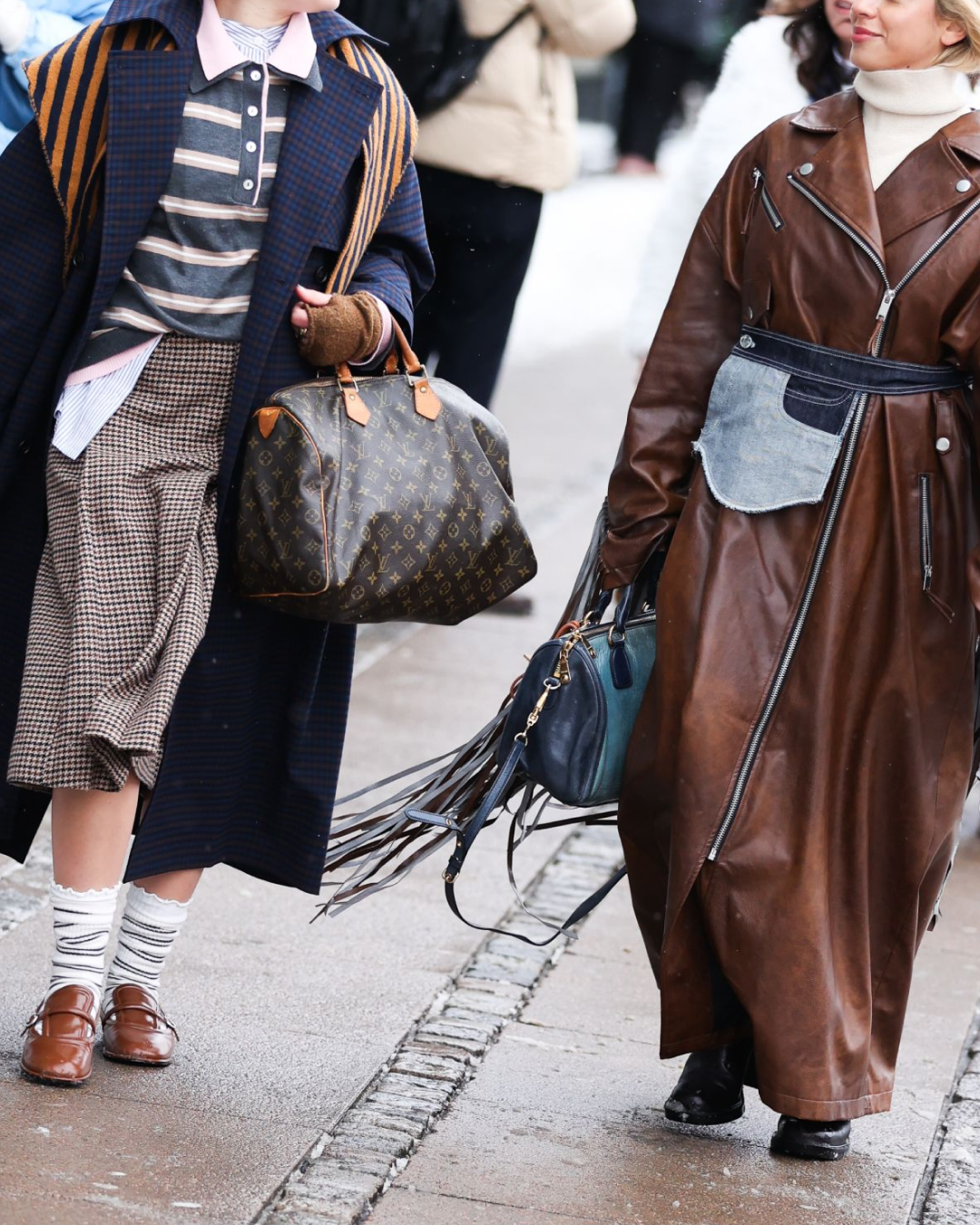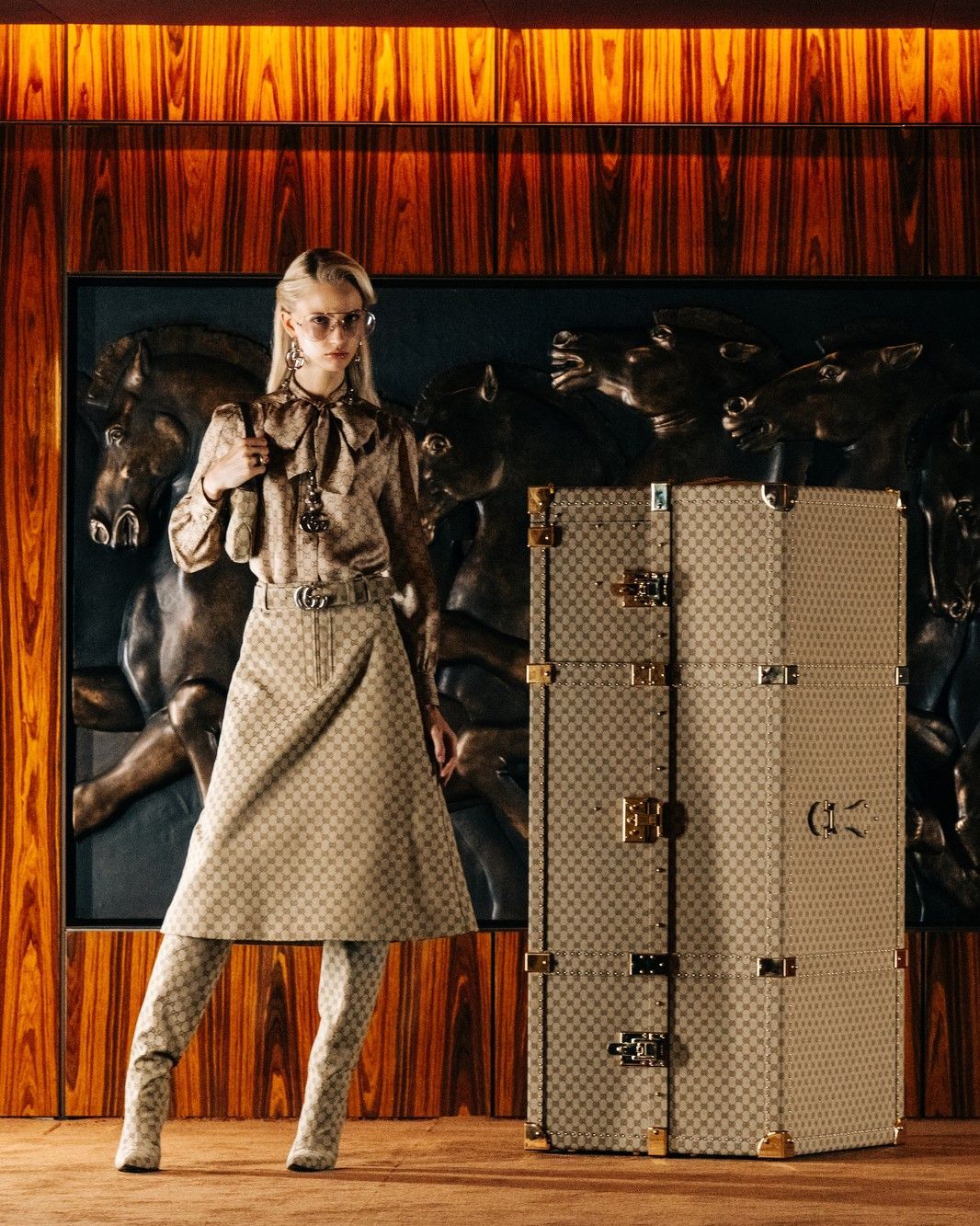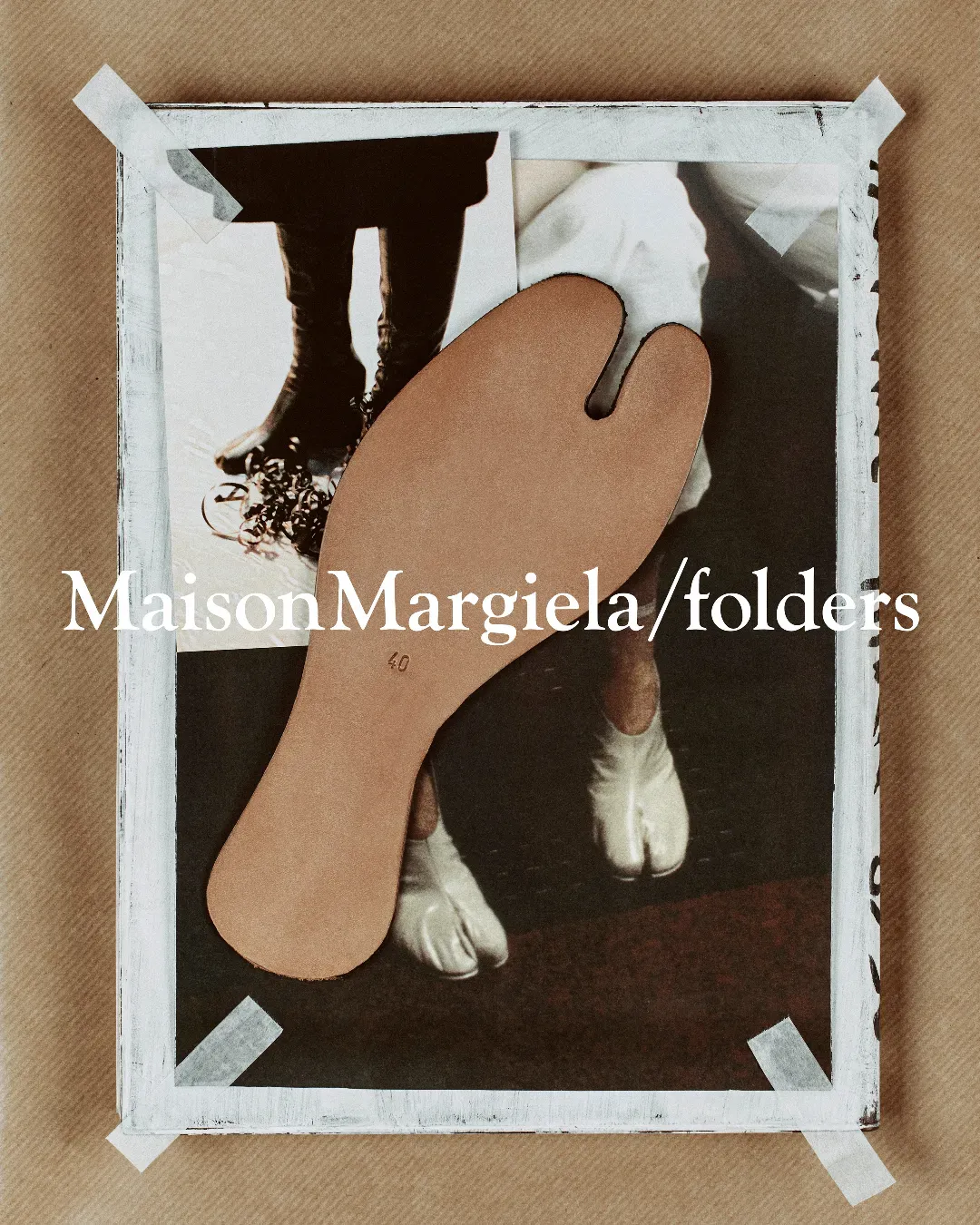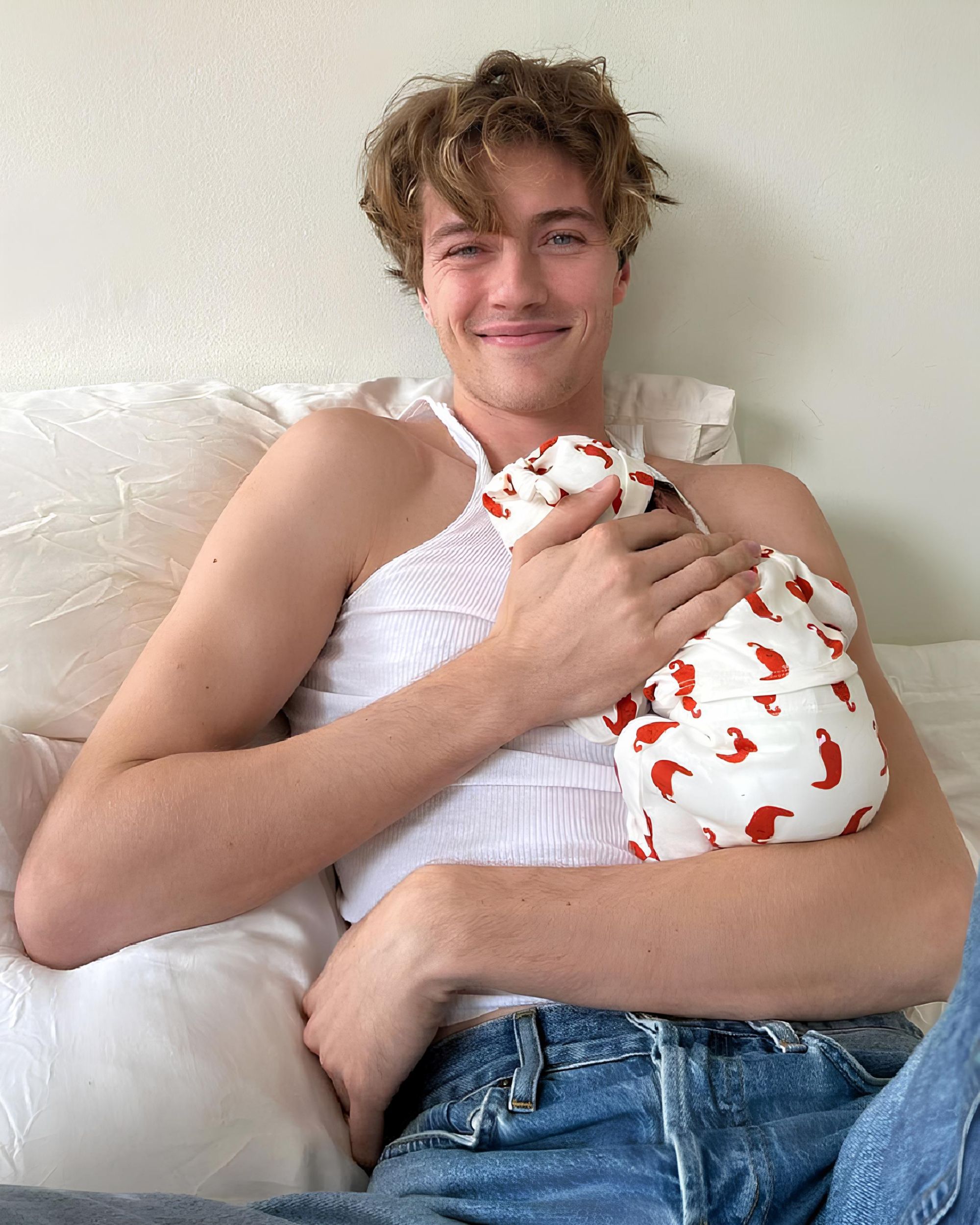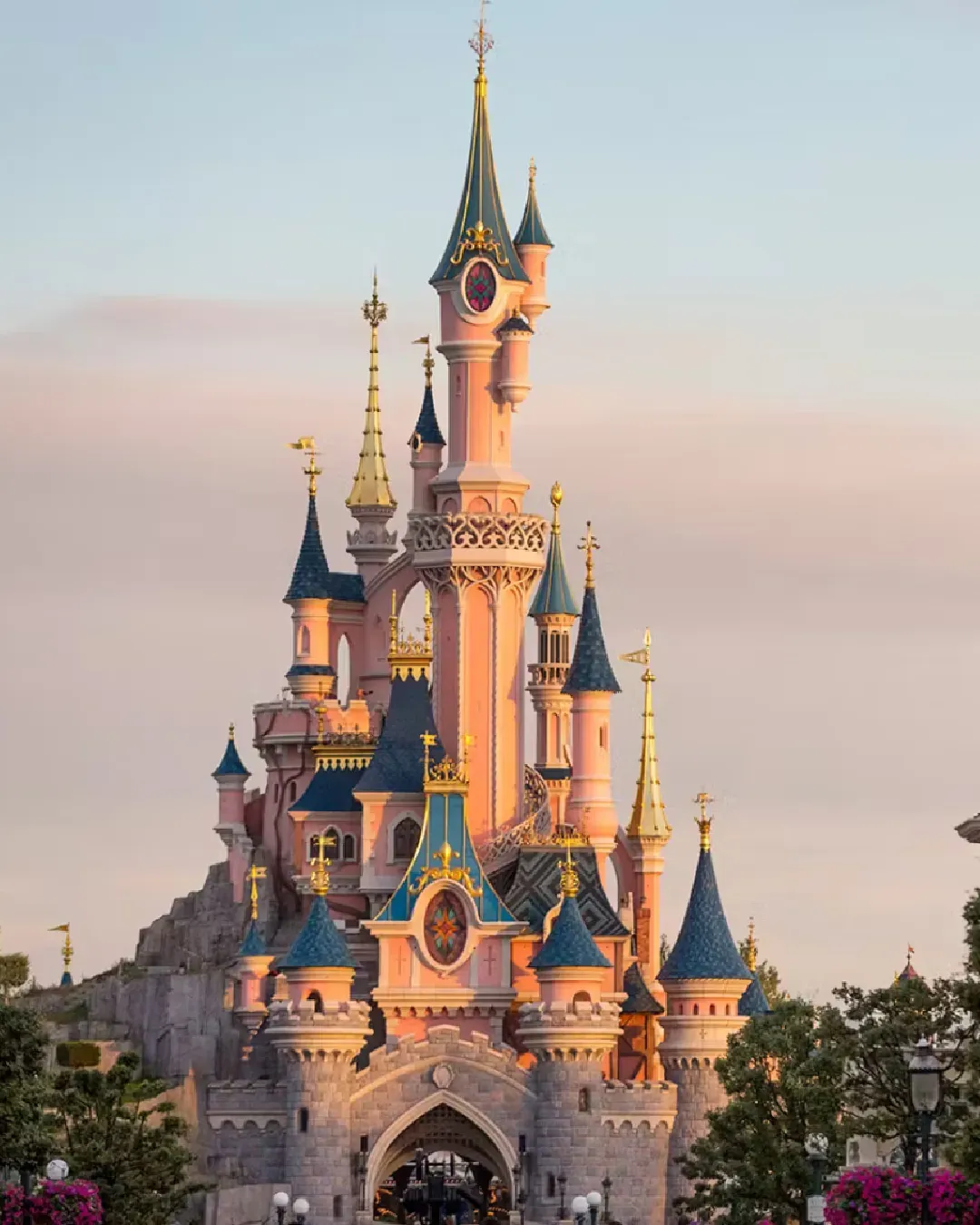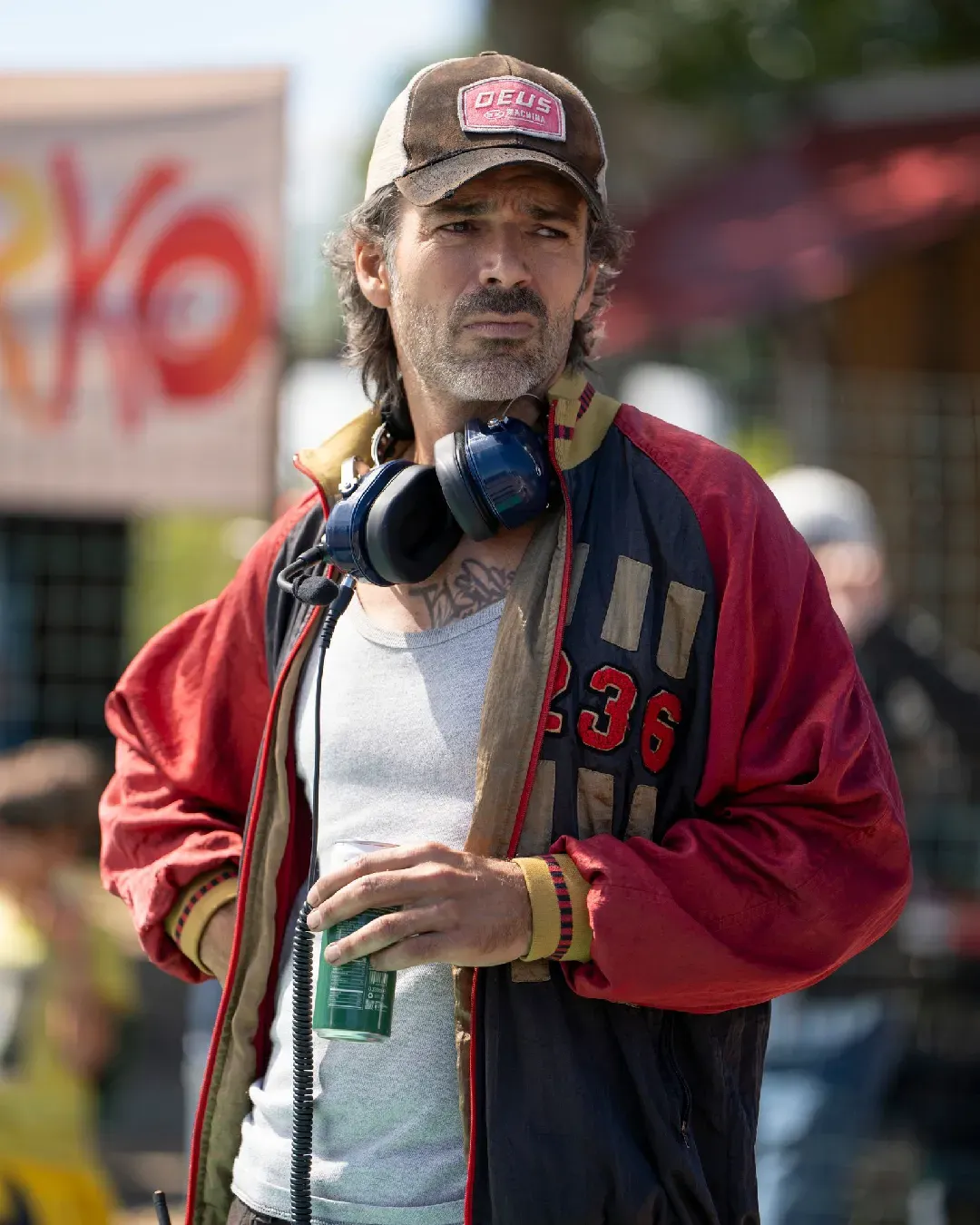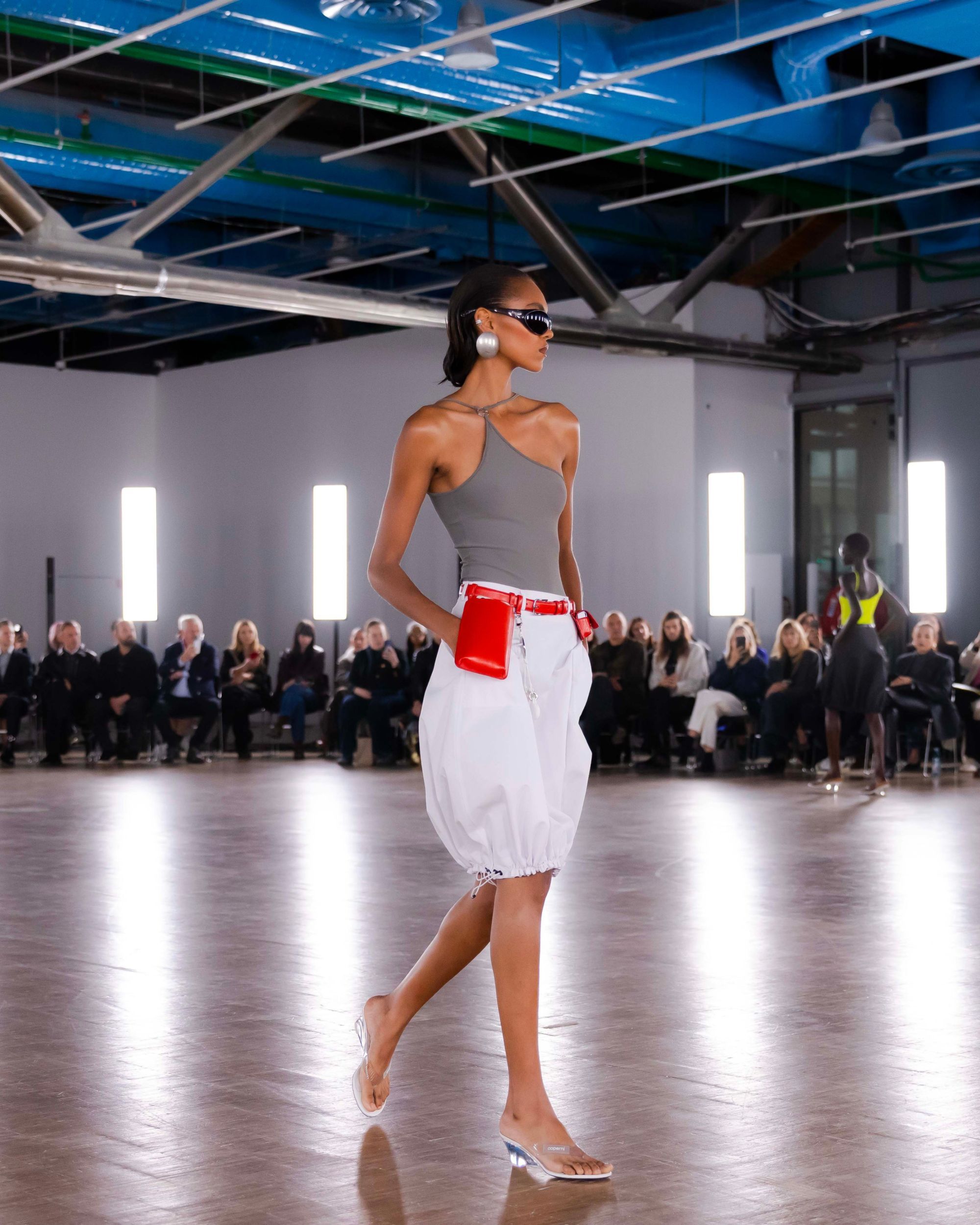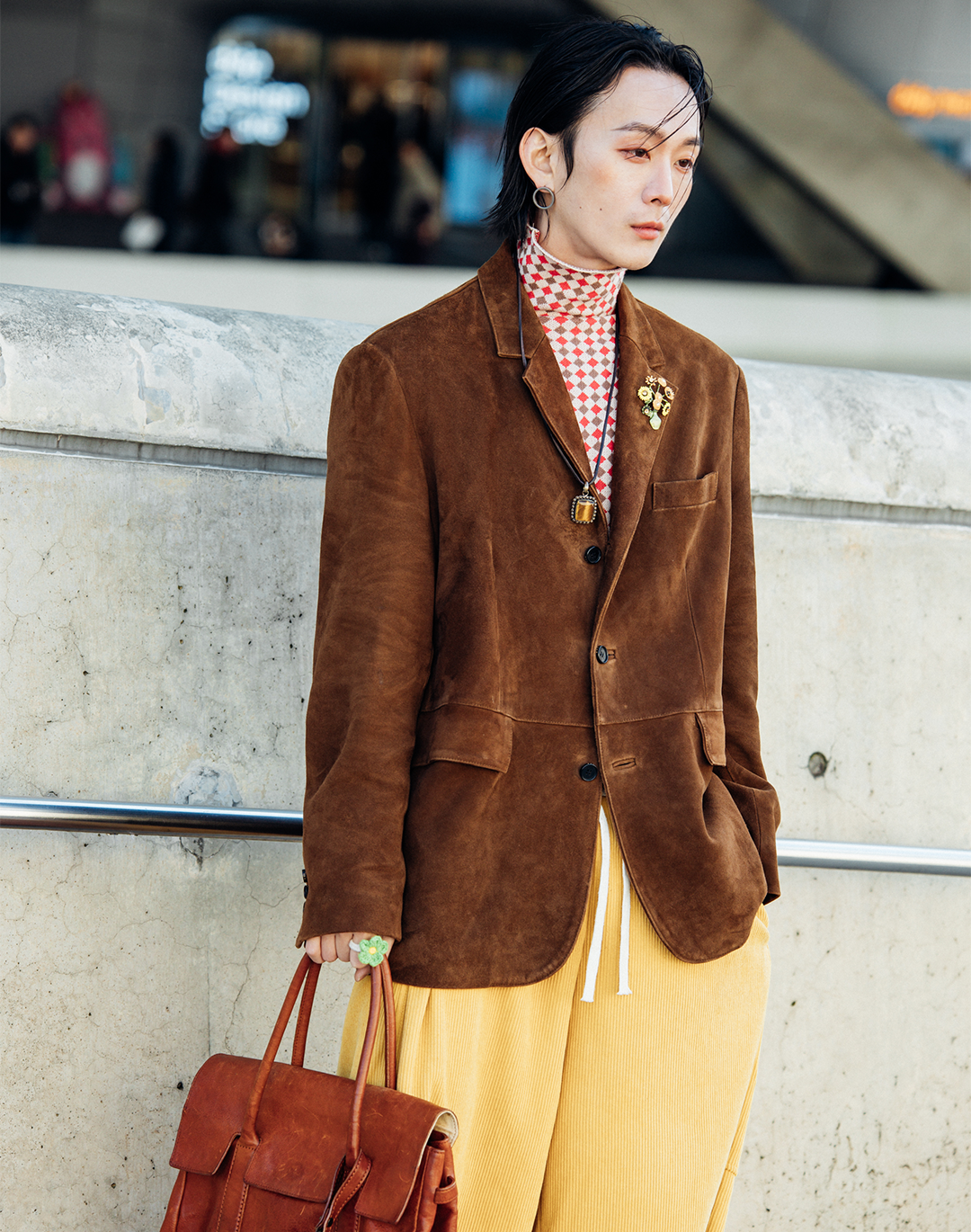
The surprising normality of Jonathan Anderson's new Dior A new, more domestic era opens for the brand
There were those expecting a revolution and others already crying disaster. But in both directions, Jonathan Anderson exceeded expectations with his debut at Dior. Without a doubt, his was the most anticipated show of the season, and it's well known that to reinvent Dior (at least for now, its menswear side), you can’t overhaul everything all at once – even time wasn’t on the side of the great Northern Irish designer. The Dior man that Anderson presented, however, hasn’t lost the eccentric spirit that he always carries with him. But now his flair fits within the more aristocratic – and if you will, more haughty – walls of Maison Dior, and so many of the bold touches we saw on the runway, particularly in the flared proportions of the male Bar Jackets and those cargo shorts that transformed into baroque clouds of layered, wrapped fabric, coexisted with a seriousness in overall tone that perhaps wasn’t entirely expected. Still, we can’t say that the virtuoso Anderson went much further than the territory already explored with Loewe: there were coat-like robes, jackets that stretched like oversized shirts, formal suits cut short enough to reveal a sliver of the models’ waists, contrasting collars, and even the trick of silk scarves worn underneath, peeking out from under the hem of sweaters. Those who know him, recognize him.
More surprising was the clash of very different wardrobes: English baronets with ties that would have made Lord Byron turn green with envy, swift ‘70s boys in full denim but with ties and shirts; yet also hints of more working-class realities, with a flood of denim and sneakers that looked very much like Nike Dunks or classic Vans Authentics. A sort of multiverse of references where canvas sneakers could be paired with nineteenth-century capes and heavy blue velvet coats, worn bare-chested but with the aforementioned tie, matched with jeans and suede fisherman sandals. Everywhere, a cascade of blues and turquoises, plenty of vests, and cable-knit sweaters occasionally adorned with tiny floral embroideries. Several looks featured a sort of contrast between the top and the bottom: aristocratic from the waist up, entirely down-to-earth below the navel. All of it supported by a deliberately messy styling, with hastily tucked pant hems inside socks, ties worn backwards, collars half popped – everything suggested an attempt to reconcile Dior’s two souls: the one with streetwear inflections and the one of sublime Haute Couture, a path that will certainly continue in upcoming collections and will be followed with keen interest.
Ultimately, it was a confidently executed collection even if somewhat familiar – Anderson, as the saying goes, chose to tread lightly, needing to balance image-making with sales objectives. A good thing is that he established his fundamentals: the striped shirts, the calming color palette, the almost cozy and homely charm of the gray knitwear with all its countless styling possibilities, reminiscent of Basquiat’s wardrobe, a big fan of those colors as well as of loosely tied ties worn with nonchalance. The current feeling (which we’re sure will be disproved in a collection or two) is that time constraints and the need to make an impact right away shaped the relative conventionality of a strong collection that was pleasant, even if it didn’t quite move the audience. We await the moment when Anderson’s wings of imagination fully spread – and without doubt, the brand will take flight too.







